Walmart heir backs greenhouse fund created by Kahlbetzer family’s Twynam Group
One of the 100 richest people in the world is backing a $US50m decarbonisation investment fund being created by the billionaire Kahlbetzer family’s Twynam Group.
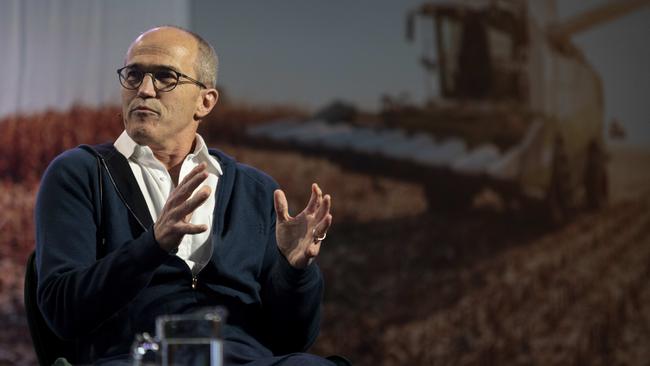
An heir to the Walmart retail family fortune, one of the 100 richest people in the world, is backing a $US50m decarbonisation investment fund being created by the billionaire Kahlbetzer family’s Twynam Group.
Lukas Walton’s Builders Vision group, an impact platform dedicated to helping companies and individuals build a healthier planet, is bankrolling the Twynam Earth Fund, which is expected to the first of many green funds launched by the Johnny Kahlbetzer-led Twynam Group.
The new Earth Fund has also forged a strategic partnership with the Swinburne University of Technology, a Melbourne-based institution focused on sustainability and addressing global challenges.
Lukas Walton is the grandson of Sam Walton, the founder of Walmart, and in July was listed as the 68th richest person on the planet after being the biggest beneficiary of his father John Walton’s will when he died in a 2005 plane crash.
Lukas Walton has donated at least $US150m to his family’s namesake foundation, where he chairs the environment program committee, and long been an investor in businesses tackling environmental and social challenges.
“Builders Vision is pleased to expand our relationship with Twynam. We’ve previously worked with their team as part of a co-investment partnership and have seen first-hand their deep track record of scaling impact-driven companies,” said the San Francisco-based James Lindsay, principal on the Builders Initiative Investment Team at Builders Vision.
“Twynam’s Earth Fund aligns with our core focus areas of oceans, food & agriculture, and energy, all of which present exciting opportunities to penetrate large, growing markets while also contributing to building a more sustainable planet. We look forward to working with them to help strengthen their early-stage capabilities and increase deal flow into decarbonisation technologies.”
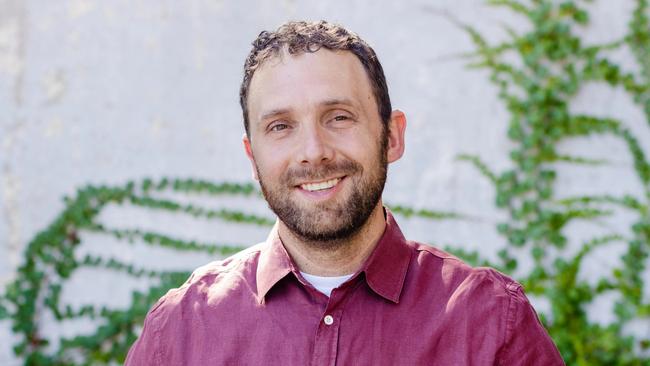
Johnny Kahlbetzer is the Twynam Earth Fund’s inaugural chairman.
Twynam Investments and the Kahlbetzer family initially seeded the fund with $US5m before it raised external funds over the past six months to an initial target of $US50m. The fund is targeting a return of 20 per cent after fees.
“We have made great progress with our international investors in the fund, with a lot of interest coming out of Asia,” Mr Kahlbetzer said.
“We are seeing there is a key difference between people who want to make a significant contribution to reducing the global carbon footprint compared to those who prefer just to talk about fluffy ESG principles. We have been surprised how much offshore interest we have seen from Asia compared to local investors.
“Our goal is for this to be one of many funds. It is a multi-trillion-dollar opportunity and money will be attracted to the space. We truly believe there are significant numbers of businesses that can fundamentally change the carbon footprint of their industries while still being highly cost and profit competitive.”
Twynam Funds Management investment manager Jonathan Green said Swinburne University’s Horizon 2025 Strategic Plan defined the university as one where people and technology work together for a better world.
“That is why we are excited to welcome this pioneering Australian institution as a partner in the Twynam Earth Fund. We aim to help drive commercialisation of world-leading technology for decarbonisation of our planet and Swinburne is an ideal collaborator for this,” he said.
“I’m particularly eager to explore the many avenues of our partnership, from harnessing Swinburne’s incredible expertise in research and technology, to supporting our founders, expanding Twynam’s diligence capability, and fast-tracking Swinburne’s innovation from inception to market.”
Swinburne vice-president (innovation and enterprise) Dr Werner van der Merwe said the Earth Fund aligned with Swinburne’s passion for sustainability and achieving a carbon neutral world by 2050 or earlier.
“By pairing our capabilities in sustainable materials, clean energy and hydrogen, the circular economy and smart energy management with Twynam’s investment expertise, we can fundamentally increase the impact of decarbonisation technologies,” he said.
Twynam’s funds management arm has also pledged for the next two years to donate 10 per cent of management fees from the newly invested fund to the World Wildlife Foundation’s program to eliminate plastic in Australia.
“We have been funding WWF’s Australia’s No Plastics in Nature initiative for three years, which has been highly successful. We want to continue that and we expect this support will expand into other programs in the future,” Johnny Kahlbetzer said.
For more than 25 years Twynam has deployed significant capital into decarbonisation, backing a range of businesses involved in green technologies, sustainable farming and renewables.
Attending the COP4 United Nations Climate Change Conference in Buenos Aires in 1998 strengthened the Kahlbetzer family’s commitment to decarbonisation after Johnny’s father John, a German immigrant, came to Australia in 1954 and amassed a rural empire. Mr Kahlbetzer, one of the nation’s most famed agribusiness barons, passed away late last month at the age of 92.
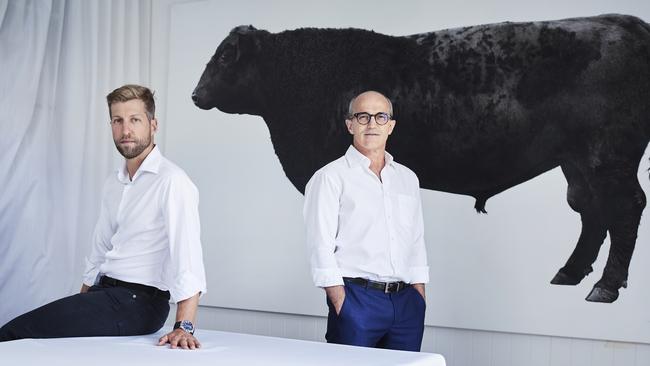
Johnny Kahlbetzer’s long-held belief that batteries will remain very expensive for long duration energy storage has underpinned Twynam’s investment in a private Sydney-based firm known as Vast Solar, which has been developing proprietary technology in concentrated solar power (CSP).
Unlike most photovoltaic (PV) solar panels which convert light into electricity, CSP uses mirrors to focus sunlight onto a receiver which then gathers the sun’s energy as heat in sodium. This allows it to be stored more effectively and provides power after dark.
In February Vast Solar agreed to combine with Nabors Energy, a global provider of advanced technology for the energy industry and an affiliate of the US-listed oil and gas drilling fleet operator Nabors Industries.
The deal will take the Australian company public in New York on the Nasdaq but it will remain based in Australia.
Over the last five years the Twynam Funds Management team has managed an in-house portfolio of 15 early-stage decarbonisation and environmental technology investments worth more than $US20m.
These include firms converting waste cotton fabrics into new fibres for clothes, recycling organic waste through insects, recycling CO2 into chemicals and fuels, and supporting the production of alternative protein sources.
“Our competitive advantage is that we have been investing internationally in this field for many years. Our historical portfolio has been in the US, Africa and Europe and now we have several Asian investments,” Mr Kahlbetzer said.
The new fund will have a seed stage focus, serving the funding gap for early stage founders in the decarbonisation sector across the verticals of food and agriculture, ocean health, waste, clean energy, zero carbon and the built environment, the latter focusing on decarbonising built environments through embodied materials and energy consumption.
Twynam Funds Management has made three investments in the past eight months and is in final due diligence on a fourth.
In February it invested in Earthodic, a firm revolutionising the paper and packaging industry with its bio-based coating Paperbarc technology, which offers water resistance and strength while preserving recyclability and compostability. In April it invested in Voltpost, which makes urban EV charging accessible and scalable by offering low-cost kerbside chargers that plug into existing lamppost infrastructure. In July it took a stake in ALT Mobility, India’s leading logistics electrification-as-a-service provider, which offers EV leasing, insurance, charging, maintenance and asset management.
Twynam is also an investor partner with Third Derivative (D3), a climate innovation engine combining an accelerator, venture funding and strategic partner network with over $US600m invested in D3 Startups and $US8bn in assets under management by investor partners.
“Our involvement in Third Derivative is about networking opportunities and potential deal flow for us in a high credentialed ecosystem,” Mr Kahlbetzer said.
Twynam is pursuing deals in a range of decarbonisation opportunities, including reducing ruminant animal methane emissions through synthetic feed additives.






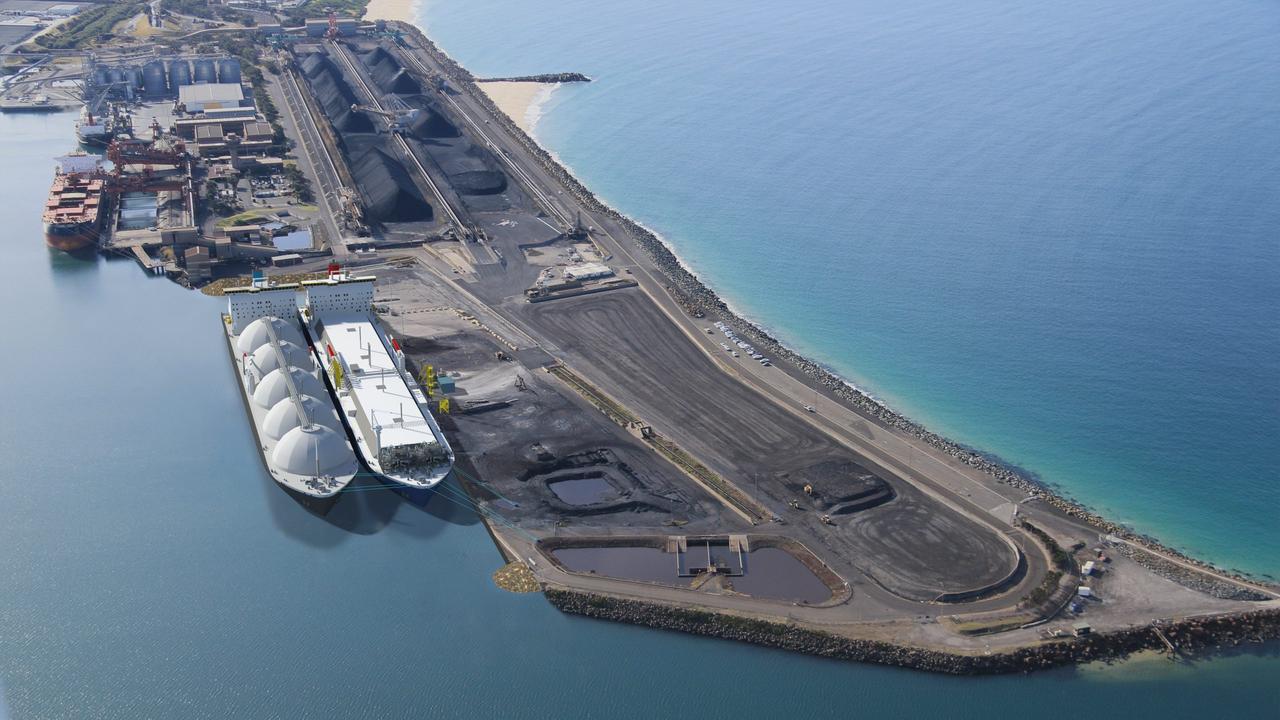
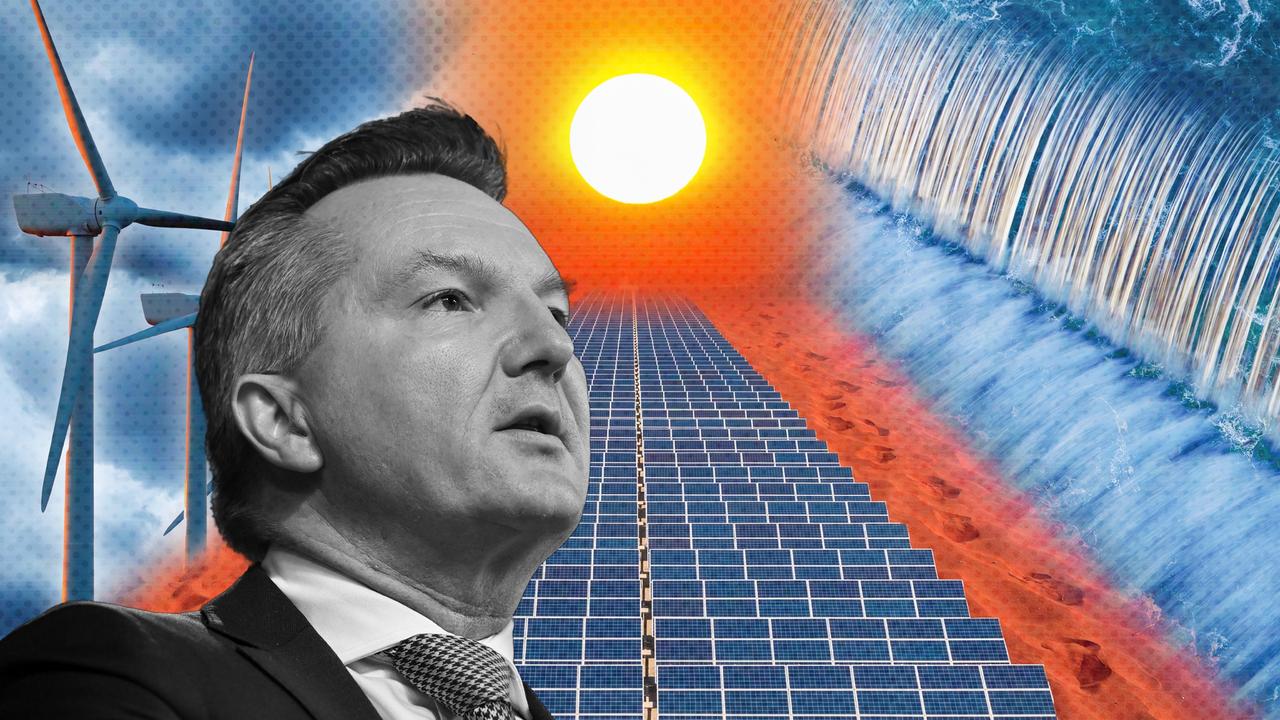
To join the conversation, please log in. Don't have an account? Register
Join the conversation, you are commenting as Logout